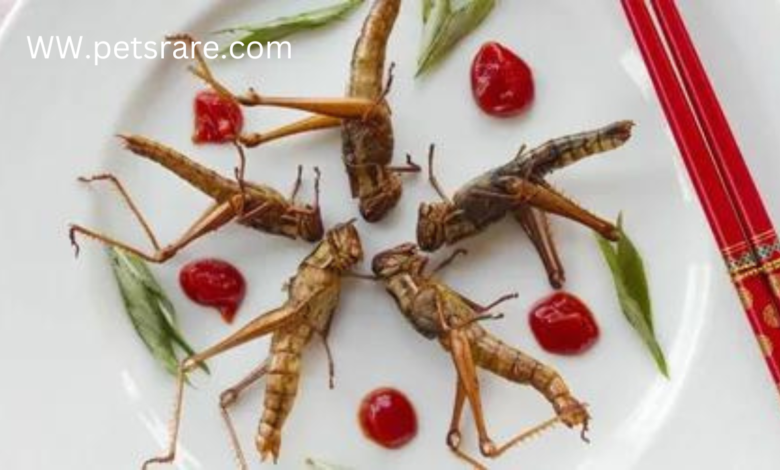Eating Exotic Mammals: A Culinary Adventure

Eating Exotic Mammals: A Culinary Adventure
Introduction
While traditional cuisine often consists of familiar proteins such as beef, chicken and pork, a growing number of adventurous eaters are exploring the world of exotic mammalian meats. These unique and flavorful options offer a culinary experience like no other.
The rise of exotic meats

Demand for exotic meats has increased in recent years, driven by factors such as curiosity, health consciousness, and sustainability. Consumers are looking for new and exciting flavors while also considering the environmental impact of their food choices.
Meat from popular exotic mammals
- Kangaroo: Lean and high in protein, kangaroo meat has a mild beef-like flavor.
- Deer Meat: Derived from deer, venison is known for its rich, gamey flavor and tender texture.
- Elk: Offering a similar flavor to venison, elk meat is leaner and full of nutrients.
- Bison: A sustainable and healthy option, bison meat is lower in fat and cholesterol than beef.
- Wild Boar: With a bold and robust flavor, wild boar meat is often compared to pork but has a stronger flavor.
Nutritional benefits

- Lean Protein: Many exotic meats are lower in fat and cholesterol than traditional red meat.
- Iron and Zinc: Rich sources of essential minerals.
- Omega-3 Fatty Acids: Some exotic meats, such as kangaroo, contain beneficial omega-3s.
Cooking tips
- Marination: Marinating exotic meats can help tenderize the meat and enhance flavor.
- Cooking Methods: Grilling, roasting and slow cooking are popular methods for preparing exotic meats.
- Pairing with Flavors: Experiment with different herbs, spices, and sauces to complement the unique flavor of each meat.
Table: Nutritional comparison of exotic meats

| meat Protein | thick Iron |
|—|—|—|—|
| Kangaroo | High less High
| Deer meat High less Moderate
| Elk | High less Moderate
| Bison | High less High
| Wild Boar | High Moderate Moderate
Frequently Asked Questions
- Is exotic meat safe to eat? When obtained from reputable suppliers and properly prepared, exotic meat is generally safe to eat.
- How do I find exotic meats? Specialty butcher shops, online retailers, and some farmers markets may carry exotic meats.
- What does exotic meat taste like? Taste varies by animal, but many meats taste gamey or slightly sweet.
Result
Exploring the world of exotic mammal meats can be a rewarding culinary adventure. By understanding the nutritional benefits, cooking techniques, and flavor profiles of different meats, you can create delicious and unforgettable meals. However, sustainability and animal welfare must be prioritized when choosing exotic meat sources.

[Image of various exotic meats]
[Photo of a man cooking exotic meat]
Disclaimer: Always ensure that exotic meat is sourced from reputable suppliers and handled safely to prevent foodborne illness.




